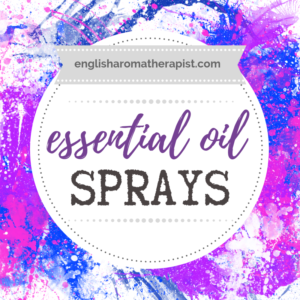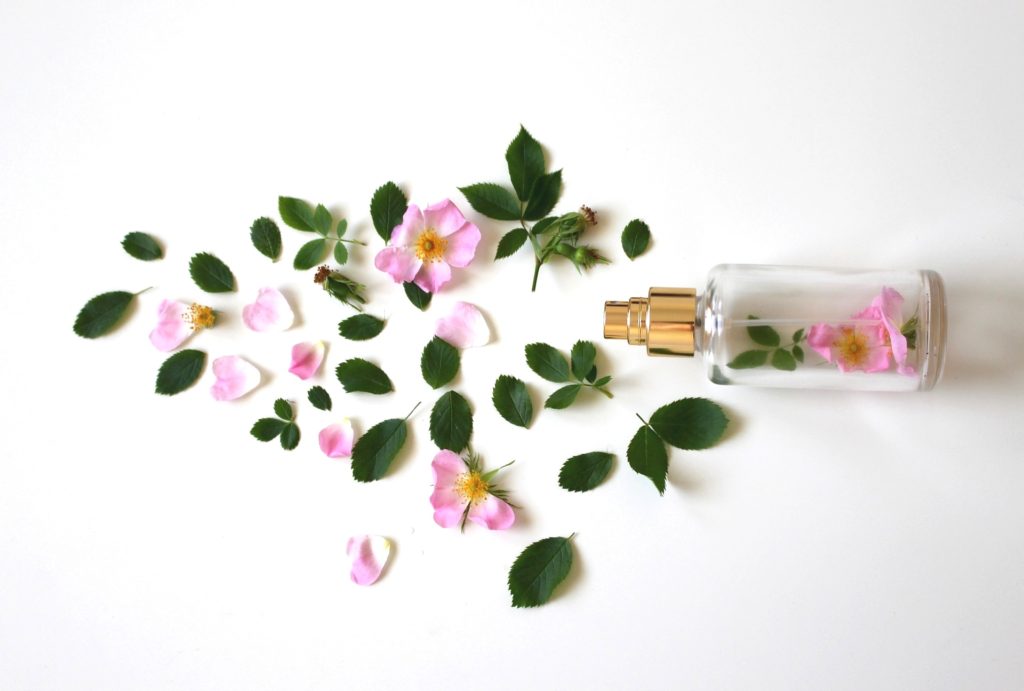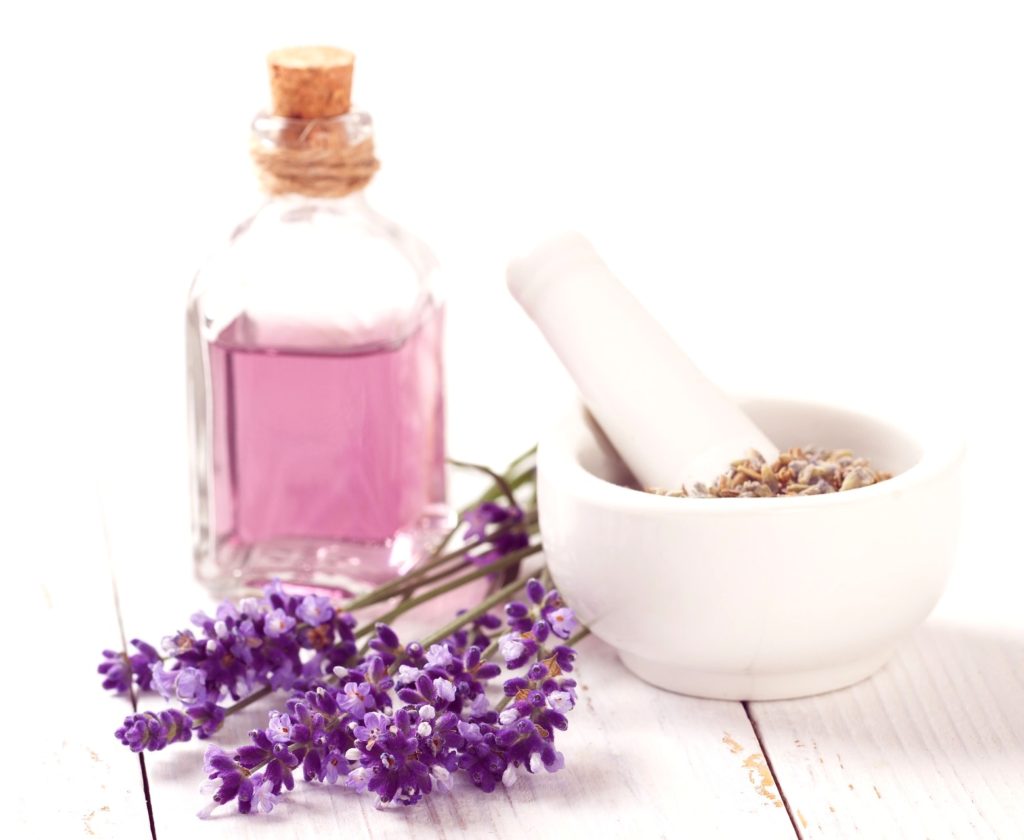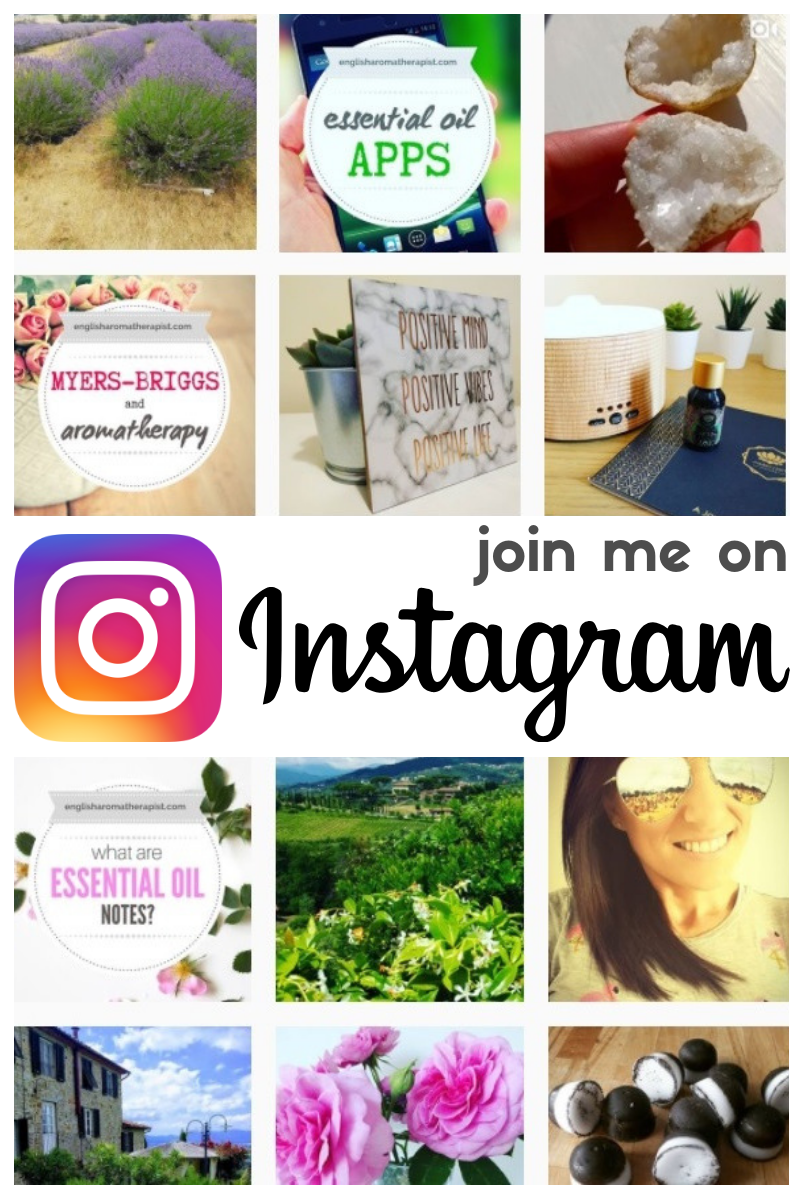Essential Oil Sprays

So, let’s talk about water-based products and preservatives!
I’m aware this is a subject that gets a LOT of attention, and it’s certainly been extensively discussed online. That said, I thought it would be useful to collate some of the best tips and resources in one place.
What’s going on?
Earlier this year, I wrote about using essential oils in homemade cleaning products. As I explained in this post, it’s not always straight-forward to replicate commercial products in your own kitchen.
What’s more, just because a product contains “natural” ingredients, it doesn’t mean it’s necessarily safer or better. If it hasn’t been properly formulated, it won’t be effective – and it might even be unsafe (This is particularly important if you’re making water-based hand sanitisers or soaps, where the purpose of the product is to destroy bacteria!)
So, I decided to extract the section about water-based sprays because I feel it really deserves its own blog post. This is an issue we’re seeing more and more as people are told they can easily create their own aromatherapy sprays at home, simply by mixing water and essential oils in a bottle.
What’s the problem?
Put simply, any product that contains water has the potential to grow mould. Most of these pretty Pinterest room spray recipes have absolutely no mention of preservatives, nor the fact that you’ll need to use them up within a week or so.
In the shift towards all things natural, the term “preservative” has become a dirty word. What’s not always understood is that water-based products will always need some kind of preservative if they are to last more than just a few days. Sometimes this is a bitter pill to swallow, especially for die-hard devotees of holistic living.
At this point, I am going to hold my hands up and say that I am not a formulation expert. I trained as a therapist, I did not train as a chemist. Most professional aromatherapist courses do not teach how to formulate products like water sprays and homemade creams. I am not the person to ask about Optiphen Plus or Polysorbate 20. Product formulation is really a whole separate domain. That’s why I stick to simple oil-based recipes like bath melts, lip balms and body scrubs.
Ultimately, what people choose to do at home is up to them. But, if you want to SELL your room sprays (or other water-based products) you really cannot afford to bury your head in the sand when it comes to preservatives.
Is this new?
It’s only recently that talk of preservatives has come to light in regards to homemade aromatherapy products. In the past, people did make these products without preservatives – but, as our knowledge grows, we learn newer and better ways of doing things.
Similarly, it used to be common practice to mix undiluted essential oils into bath salts. This is certainly how I was taught, and you’ll spot this in one of my earliest YouTube videos. But it’s now recognised that it is safer to dilute the essential oils in carrier oil before adding to the salts. Our knowledge is evolving all the time, and this is why it’s important that we never stop learning.

The other side
Inevitably, you’ll get some people who resolutely claim they’ve always made aromatherapy sprays with just essential oils and water, and that it’s “never been a problem”.
In fact, quite a few well-known and well-respected aromatherapy sources still recommend room spray recipes that just require water and essential oils. Just as some people admit to using neat essential oils on the skin. You might not have experienced a problem, but this doesn’t make it “safe” (see: Anecdotal fallacy)
Top Tips
- Whatever you do, don’t just mix essential oils with water and leave the bottle sitting in your bathroom for weeks and weeks. Remember, microbes are not always visible to the naked eye! Just because it looks fine and smells okay, it doesn’t mean it’s safe to spray on your skin or around your home. Microbial growth is not something to be taken lightly – it can make you seriously ill.
- Shaking a water-based spray is not sufficient to combine drops of essential oil and water. Shaking temporarily disperses the essential oil, but what it actually needs is a solubilizing agent (such as alcohol). A solubilizer helps to dissolve the essential oil into the water. It is not the same as a preservative.
- Adding antibacterial essential oils to your room spray is not enough to prevent microbial growth.
- If you insist on making your own preservative-free spray, mix up a small batch, refrigerate and use it up within a couple of days.
FAQ
What is the shelf life of a homemade room spray?
There is no fixed answer to this. The shelf life of a product is not purely determined by its ingredients – it is also affected by its storage and the sterility of the equipment and containers. What we DO know is that bacteria can start to grow very quickly in a water-based spray – as soon as 2 or 3 days! Only lab testing can reliably guarantee the shelf life of a product.
Can I use alcohol as a preservative in my room spray?
Yes, you can use alcohol, but it needs to be a high-proof grain alcohol (such as Everclear). Cheap vodka won’t do. According to formulation expert Ginger L. Moore, it must contain at least 60% ethanol (120 proof) in order to preserve a water-based spray. Everclear is a popular choice, but this is not generally available in the UK. Another option is perfumer’s alcohol, which is more readily available online.
How much alcohol should I use in my room spray?
For a room spray, formulation expert Ginger L. Moore recommends a formula of 25% high-proof alcohol to 75% distilled water. This is a fantastic article that goes into detail about how to use alcohol in aromatic blending.
Can I use witch hazel or vinegar instead?
You’ll often find room spray recipes that use witch hazel or vinegar along with water. Until recently, this was commonly thought to be acceptable. However, current knowledge suggests this is actually not sufficient to disperse the essential oils in the water. Nor will either of these act as an adequate preservative for more than a matter of days.

Still confused?
If you’ve read this far and still feel perplexed by the whole debate – I hear you! It’s a minefield, isn’t it?
Sometimes it’s just easier to leave some things to the experts. So, if you don’t feel confident exploring preservatives, stick to what you DO know. You can still have a lot of fun with anhydrous (non-water) aromatherapy products like body oils, inhalers and balms. They don’t last forever, but they won’t spoil as quickly as water-based products.
My advice to anyone who wants to make aromatherapy room sprays to SELL is to do your research when it comes to proper formulation. It’s worth taking a course to make sure you’re getting it right – not just to comply with regulations, but also for your own peace of mind.
If you have a specific question regarding formulation advice, may I point you in the direction of The Aromapologist who provides a consulting service on Fiverr.com
And, in the meantime, if you spy anyone selling “preservative-free” essential oil sprays, ask them where they studied product formulation – and if they have product liability insurance!
Useful Links
Here are some of the best articles I’ve found that tackle the subject of preservatives and water-based products:
- Effective use of alcohol for aromatic blending – Tisserand Institute
- DIY 101 – Working With Water – Crunchy Betty
- 5 Reasons Why Your Natural Formulations Need Preserving – Formula Botanica
- Talk It Out Tuesday: Preservatives – Soap Queen
- Meet Me in the Tub – Essential Oil Consumer Safety Advocates
- Preservatives – Swift Crafty Monkey (this information is now behind a paywall)
What to Read Next:
Essential Oil Labels
Follow me on...
Share this on...
